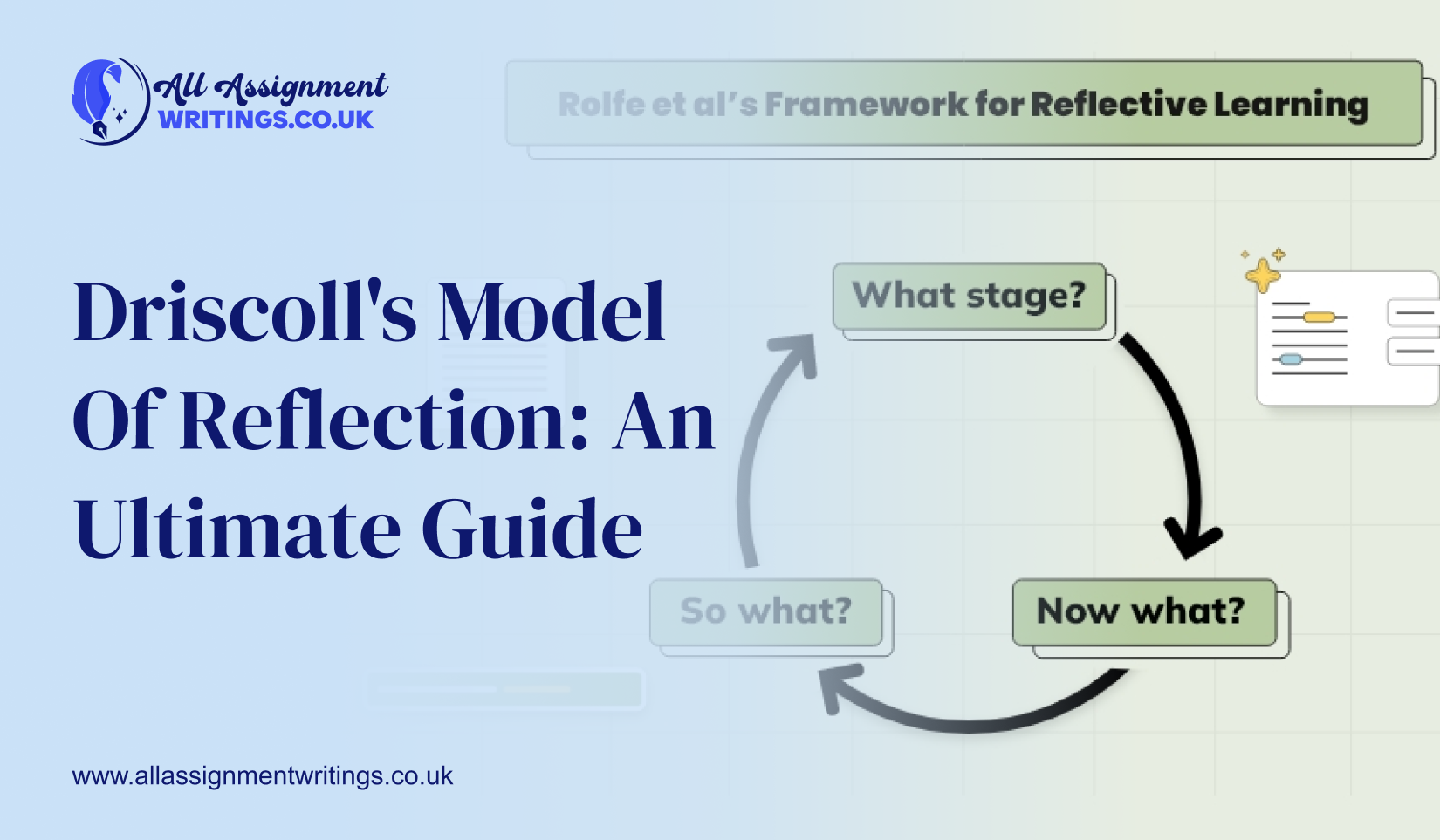As we’ve all heard, the UK is one of the most advanced countries in relation to education quality. Hence, people from all over the world travel to the UK, for a high standard of UK education system. In a vast field of choices, however, to pick one you must know the best one.
Basics
A student plays with long hours and vigorous practice to keep up the good grades, in any country. What’s more is that studying in the UK is like a hound for one’s blood, sweat, and tears. It’s a stage-defined area for tuition that involves an intricate and well-thought-out system of prerequisites.
Stages
The stages revolve around grouped ages processing towards higher education. All of them are precisely arranged and equally important to make sure all candidates monopolize maximum information from each stage. They’re all pretty simple to get a hold of.
Primary Education
Firstly, this age will comprise the key stages, one and two under the UK educational system. It will include ages from 5, continually until 11. Additionally, primary schools are split up into Infant and Junior levels, aka Kindergarten and Pre-K in other countries. These are usually separate schools on the same site. The infant age range (Key Stage 1) is from age 5 to 7. The Junior age range (Key Stage 2) is from age 7 to 11. The year groups at primary School level are:
- First. Year R (Reception) (age 4 – 5)
- Secondly, Year 1 (age 5 – 6)
- After which is, Year 2 (age 6 – 7). SATs for Stage 1
- Followed by, Year 3 (age 7 – 8)
- Then, Year 4 (age 8 – 9)
- Next is Year 5 (age 9 – 10)
- Lastly, Year 6 (age 10 – 11). SATs for Stage 2
Secondary Education
Years 7 and 8
These are the first two years of secondary school education in the UK. In some independent schools these years are in the Junior School, and, in others, they are part of the Senior School.
Moreover, under the UK school system, all students study English, Mathematics, Sciences, Humanity and Modern Languages. In the meantime, each school has a list with other optional subjects (Art, Music, Drama, Latin, Sport Science, Design Technology, and Computer Science), and, hence, students choose a few subjects that interest them.
In summary, students sit the Common Entrance Exam in year 7. There are 3 examination sessions, in November, January, and May/June. The transition from Junior to Senior School (from year 8 to year 9) may be conditioned upon the Common Entrance Exam results in those schools.
Year 9
Most of the students make the transition from Junior School to Senior School. As a result, this year is very important in the British school system. Secondly, it is a very good foundation for the GCSE program and an entry point to all schools.
Also, students study English, Mathematics, Sciences, Humanity and Languages or choose a few subjects from the optional subject list offered by each school.
Year 10 and 11
GCSE Program
These are the last years of secondary education, also known as Year 10 and Year 11. As a result, in this period, students prepare for the GCSE(General Certificate of Secondary Education) exams that are taken after two years. They study between 9-12 subjects. Secondly, all students choose subjects with respect to their abilities and preferences. Lastly, when they’re done with their examinations for all individual subjects, they may receive certificates that help them enroll in A-level/ IB and Universities.
Intensive 1-Year GCSE
Additionally, some schools offer a 1 Year GCSE program in Year 11 for, in general, international students seeking a school education in the UK. Therefore, students must be of age 15 plus, and, conditionally, have the appropriate academic level certification from their own country. As a consequence, a total of fewer subjects, a maximum of 6, are studied at this stage.
IGCSE
Lastly, the IGCSE(International GCSE) program is to, ultimately, prepare international students for A-Level and/or IB. Conditionally, students study between 5 to 7 subjects. Each school has a list of available subjects for IGCSE students. Finally, at the end of Year 11, students take exams in each studied subject and receive IGCSE Certificates.
University Preparation – Years 12 and 13
A Level Study
Next, at the age of 16, a student can start a 2-year program which leads to A (Advanced) level examinations. Furthermore, students specialize in 3-4 subjects, usually relevant to the degree of the subject that they wish to follow at the university level or All Assignment Writers UK can also fulfill their requirements before deadlines. At the end of Year 13, the students receive A-level Certificates. As a result, A levels are state examinations that are recognized by all UK universities and institutions worldwide.
Higher Education(HE)
Mostly, the degrees included at this education stage are provided by academic centers and colleges all around the UK. These include Bachelor’s, Master’s, Doctorate, and non-degree programs, also, leading to a vocational qualification. Moreover, these are non-compulsory to attain in the land of the UK.
Quality Approach
People value British higher education, whilst expecting high-quality and caliber graduates. Furthermore, with a wide array of degree programs spanning humanities, sciences, arts, and professional courses, you can choose from the many diverse interests and career aspirations provided by the UK. The UK also has a long history of welcoming international students to study at its university.
One of the reasons for UK education system is the best choice is the QAA. This is the Quality Assurance Agency that ensures and tests the originality of courses and curriculum. The UK has its own QAA, an independent organization for assessing and comparing colleges and universities with the help of reviews and regular audits. It maintains the top institution choices and their mechanisms. It acknowledges comments offering feedback on areas where they can keep improving and adjusting. All reviews and reports are in the public domain and can be readily accessed at the official QAA portal.








